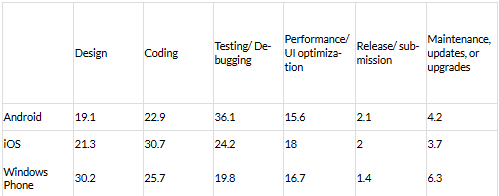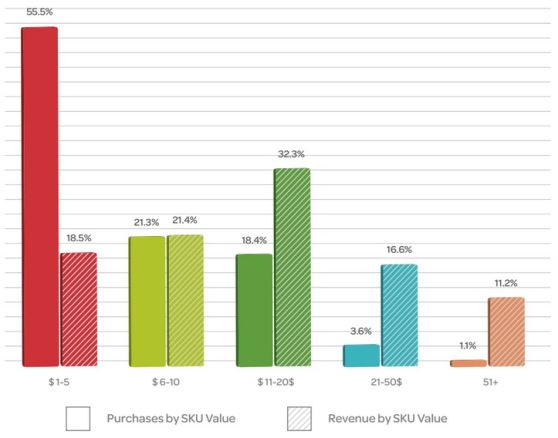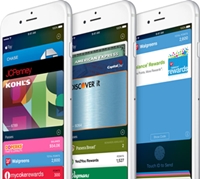iOS first and foremost, or why many of the apps available from the App Store do not exist on Google Play
Young developers and start-up creators creating apps first choose to create apps for iOS. It turns out that an app in the App Store carries more benefits than an app in Google Play, and is easier and cheaper to prepare. The principle of iOS primacy is strongly popular in the world of mobile applications, we present the details behind such a mechanism of action.
The best new apps are developed for iOS first. Only once they are in the App Store, you can quietly deal with making apps available on Android (or not do it at all). What drives such a decision by start-ups? Many people, taking their first steps into a career, decide to jump in at the deep end – in short, they aim high.
In many countries (especially developing ones), iOS is still less widespread than Android, but there is no denying that Apple, not Google, is associated with the word "prestige".
Andrew Chen on his blog has compiled a handful of arguments for Apple's app primacy. Below is his list of arguments, enriched with some comments from us and other bloggers:
- Young start-ups can’t cope with the cost of Android apps. The cost of an app for this system is 2-3 times higher than an iOS app.
- Hence the frequent presence of apps only in the App Store. Maintaining an app with updates in both stores is more costly and more problematic – which is why many developers prefer to focus only on iOS.
- While the creation of an iOS app itself is easier and cheaper than an Android app, the earnings from in-app purchases and ads are also higher just for iOS. This means a double victory for Apple.
- iOS is gaining more and more followers not only in terms of quantity, but also "quality". iPhone’s users are more informed users than Android users.
- The iPhone 5C has opened the way to Apple for users with less affluent wallets, which may augur increasingly cheaper editions of iPhones’in the future.
- In the U.S., iOS rules, and many start-ups hoping for success are starting their businesses overseas.
- Many young start-ups are devotees of the cult of Steve’s Jobs, who want to achieve success on the scale of their idol, and their output will only include devices with apple.
- Most of the investors in whom young start-ups are pinning their hopes also hold iPhones’y in their hands. Hence, choosing these devices first seems quite viable.
"Primacy" of Android, however, is not a rule without exceptions. E.g. Polish developers, creating apps targeting only the Polish market, are unlikely to choose to prioritize against iOS. After all, the vast majority of Polish users are owners of smartphones with Android rather than iPhones’so creating an application exclusively for iOS would significantly limit the audience of the application.
Finally, as a curiosity, here are the results of a survey of 464 developers around the world. The results are summarized in a table that shows how much time developers spend on specific activities when preparing apps for the respective platforms. It turns out, for example. Windows Phone developers spend most time on app design.
They are also most concerned with app updates and maintenance. iOS developers spend the most time coding, while Android devours the most time testing and debugging apps.



